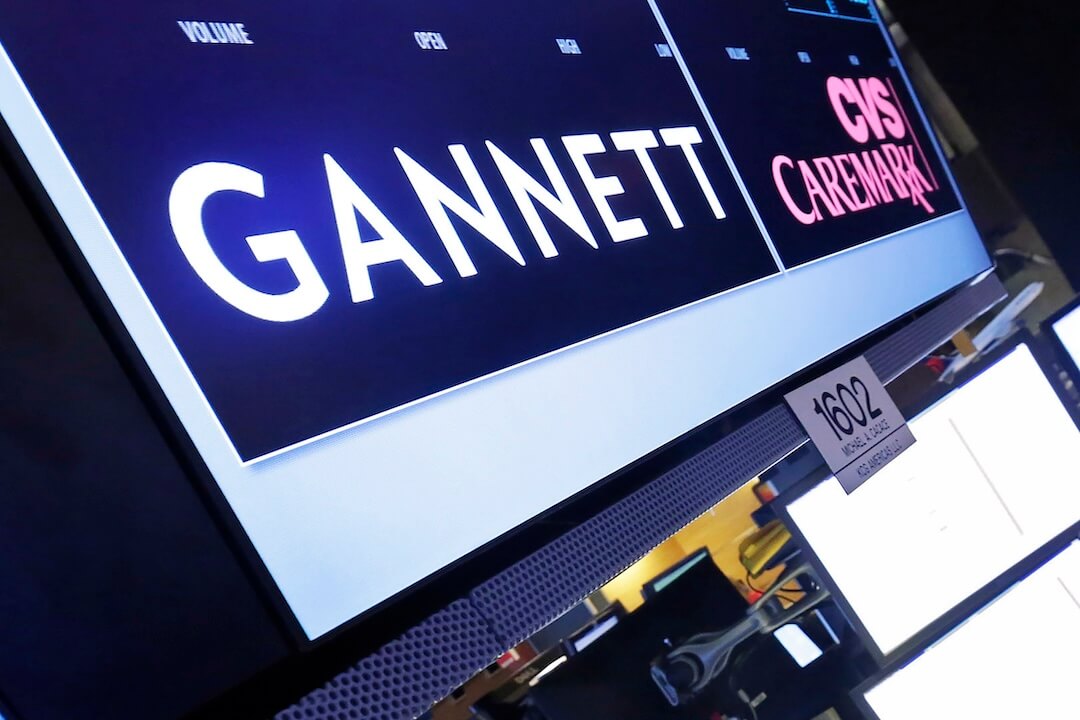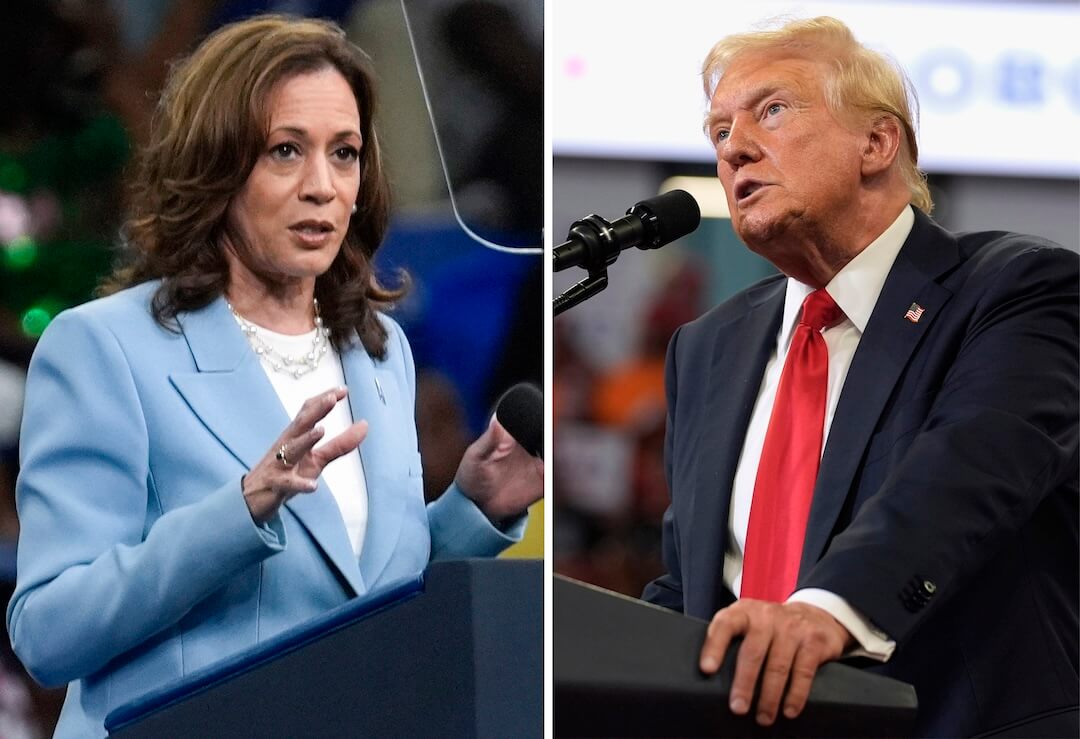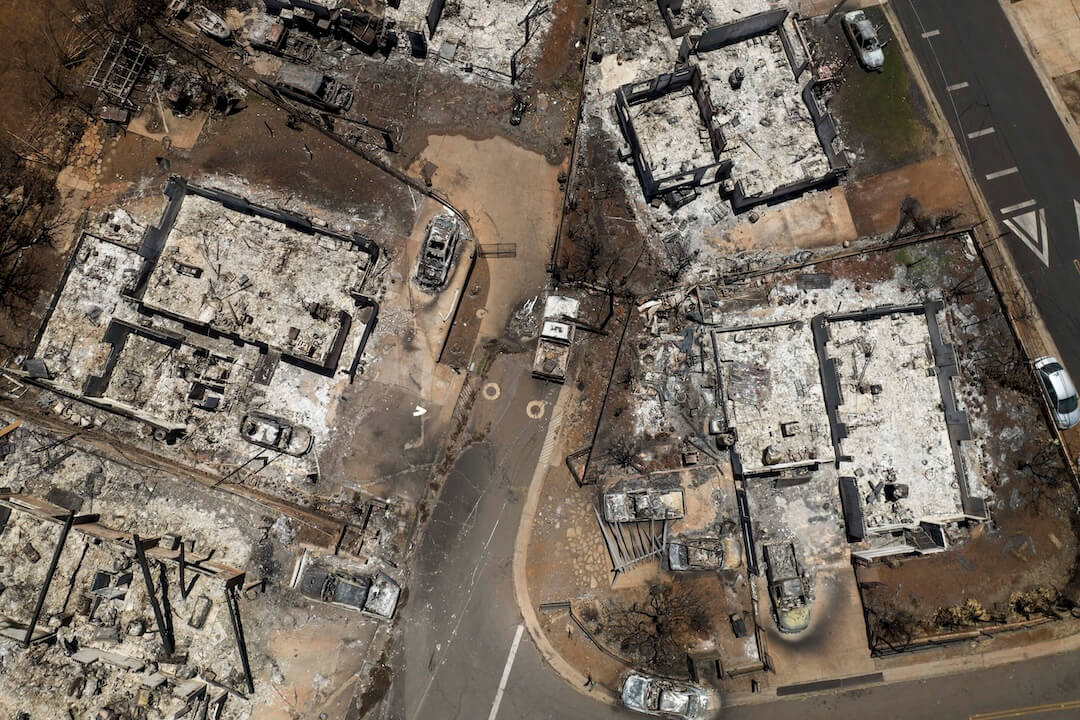My parents loved the show “Family Ties” so much that they decided to name me after one of the main characters, Mallory Keaton. They wanted to make the name more feminine and distinct, though, so they decided to spell it with two A’s.
“It’s not Mallory, it’s Mallary!” my mom used to tell people, putting an emphasis on the “O” and the “A.”
I’ve repeated those words throughout my life and have found that journalists have an especially hard time spelling my name right. Though they could easily look at my byline or e-mail signature to see the correct spelling, reporters and editors have addressed me as “Mallory,” “Mallery,” “Malory” “Malary,” and yes, even “Melanie.”
Craig Silverman, author of “Regret the Error,” said academic research shows that misspelled names are the sixth most common newspaper error. Misquotes are the most common, followed by incorrect headlines, numerical errors, general misspellings and incorrect job titles.
“It is one of the easiest things to verify and yet it’s one of the things journalists think about verifying the least,” Silverman said. “We use names on such a frequent basis that it’s the kind of thing that lends itself to assumptions.”
The error is so common, Silverman said, because journalists forget to ask for the right spelling, they do it from memory, they assume the name is spelled the “normal way,” or they’re misled by incorrect sources online.
Relying on other sources — even ones that are usually reliable — doesn’t always work. The New York Times, for instance, has spelled numerous names wrong throughout the years (as has Poynter).
Drawing on the Times’ own corrections, Silverman said the paper has referred to Jackson Pollock as “Jackson Pollack” at least 66 times. Silverman pointed out in his book that the Times has also misspelled Dan Aykroyd’s name at least 45 times, Madeleine Albright’s at least 40 times, and Philip Morris’ at least 128 times. A few years ago, former public editor Clark Hoyt wrote about the Times’ history of misspellings, saying “The New York Times misspells names at a ferocious rate.”
Silverman said by phone that the “misspelled name champion” was Theodore Sorensen, an adviser to President John F. Kennedy. In a correction a few years ago, the Times acknowledged having misspelled his name more than 135 times in headlines and articles.
Last October, the Times wrote an obituary on Sorensen, saying he had once predicted that journalists would get his title wrong and misspell his name in his obit. The Times got Sorensen’s name right in the obit, but that same week The Washington Post ran an obituary and misspelled it.
Journalists also misspell more common names, Silverman said, because they assume they know how to spell them correctly and don’t bother checking.
Sometimes, if a simple name appears in the same story as names that are especially difficult to spell, the writer is more apt to focus on the hard-to-spell names. This was the case in one of Dave Barry’s columns a few years ago.
“In yesterday’s column about badminton, I misspelled the name of Guatemalan player Kevin Cordon. I apologize,” Barry wrote in a correction. “In my defense, I want to note that in the same column I correctly spelled Prapawadee Jaroenrattanatarak, Poompat Sapkulchananart and Porntip Buranapraseatsuk. So by the time I got to Kevin Cordon, my fingers were exhausted.” (Silverman declared this 2008’s correction of the year on his “Regret the Error” blog.)
Why misspellings matter
Research has shown that inaccuracies cause the public to lose trust in the media. Particularly when it comes to misspelled names, sources may assume that if a reporter got a name wrong, he or she may have gotten other more significant facts wrong, too.
Silverman pointed to a newspaper that misspelled Abraham Lincoln’s name.
“You can imagine how maybe it was a slip of the finger, and you can see how it would happen,” Silverman said, “but when you’re a reader and you see your newspaper has misspelled ‘Abraham Lincoln,’ there’s something about that that’s going to strike home with you and make you think, ‘Is this really a paper I should be reading?’ ”
And if you’re the source whose name was misspelled, you can’t help but wonder just how much the journalist who interviewed you really cared. Names are a part of who we are, so we feel disrespected when journalists don’t take the time to spell them right.
“When you misspell someone’s name, it’s something that’s taken very personally and I think it really taints the person’s view of you,” Silverman said. “It says you’re sloppy and that you’re careless, and perhaps also suggests that the source didn’t have such a big impact on you. It’s just so easy to have gotten right that people can’t understand why you got it wrong.”
How to get names right
The best way to ameliorate the problem, Silverman said, is to start every interview by asking for the correct spelling of the source’s name, and his or her title. Doing so on a regular basis he said, sends a message to sources that you’re committed to accuracy.
“One of the key things about accuracy is that it’s a learned behavior,” Silverman said. “If you create habits that reinforce accuracy, then your chances of making an error are greatly reduced.”
When I’m interviewing a source I ask for the correct spelling of his or her name and then read it back to verify that I heard and typed it correctly.
After I’ve written the story, I double check to make sure the spelling of the name in my story matches the spelling in my notes. And I check the name every time it appears in the story. (When fact-checking this story, for instance, I noticed I had spelled Sorensen’s two different ways.)
If I’m quoting someone else’s work in my story, I copy and paste the person’s byline rather than writing it by sight or memory.
I’ve had my own byline misspelled enough times to know that it gets frustrating after a while. (Just Google “Mallory Jean Tenore” and you’ll see what I mean.)
A few times, I’ve written to bloggers who have spelled my name wrong and asked them to correct it. Other times, I just roll my eyes and joke that I’m going to change my legal name to “Mal.”
I can just hear my mom now: “It’s not Mallory, it’s Mallary!”








Comments